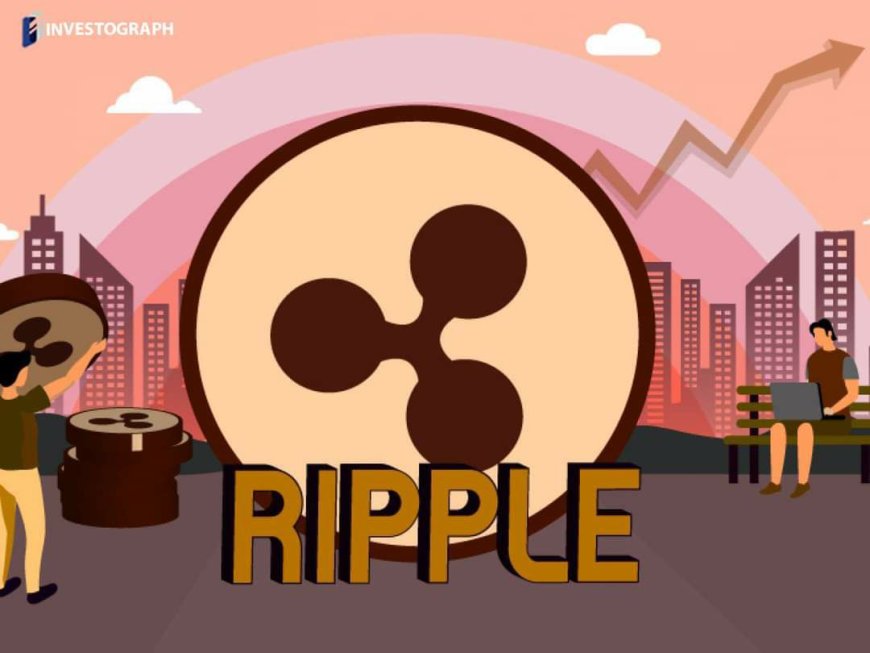A cryptocurrency attorney believes that the $20 million settlement represents a victory of 99.9% for Ripple.
Deaton vehemently rejected the notion that the lawsuit's outcome was evenly split 50/50 for the SEC, asserting that it leans significantly more in Ripple's favor, with a 90/10 advantage.

John Deaton, a prominent cryptocurrency attorney, has provided insights into the ongoing legal battle between the United States Securities and Exchange Commission (SEC) and Ripple. According to Deaton, a settlement amounting to $20 million or less would represent a significant legal victory for Ripple.
In a recent post on X (formerly Twitter), Deaton strongly contested the idea that the lawsuit's outcome was a balanced 50/50 result for the SEC. Instead, he argued that the advantage significantly favored Ripple, estimating it as a 90/10 ratio in the company's favor. Deaton's comments were prompted by a post from Stuart Alderoty, Ripple's chief legal officer, highlighting another legal setback for the SEC.
Deaton's perspective aligns with the sentiment within the cryptocurrency community, which generally regards a suggested $20 million settlement as a favorable resolution for Ripple. This assessment takes into account the potential implications of the ongoing XRP lawsuit and the broader regulatory landscape for digital currencies.
Alderoty's post further contributes to the narrative by pointing out that the SEC has faced a series of defeats recently. In the case of the SEC vs. Govil, the U.S. Court of Appeals for the Second Circuit ruled that the SEC cannot seek significant disgorgement awards without first demonstrating actual financial harm to investors. Essentially, this means that without harm, there should be no penalty.
The legal dispute between the SEC and Ripple began in December 2020 when the SEC accused Ripple Labs of conducting an unregistered securities offering through the sale of XRP, its native cryptocurrency. The case has evolved, with Judge Analisa Torres determining that XRP is not a security when traded on the secondary market, and the charges against Ripple executives were reduced.
Meanwhile, Torres recently approved an order related to the SEC and Ripple's joint request to propose a briefing schedule to address institutional sales of XRP. This pertains to the segment of the XRP lawsuit in which the company was found to have violated securities laws. The parties have been instructed to provide a joint briefing schedule by November 9.







